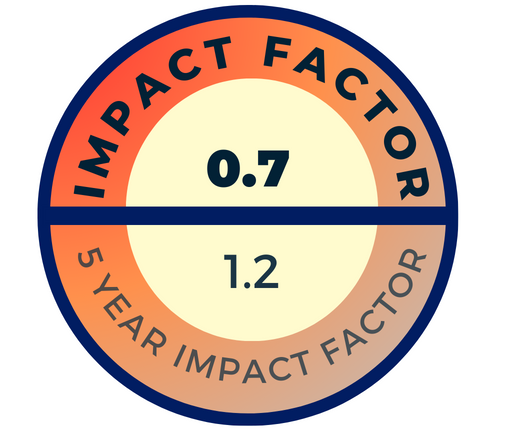Objective: Chronic renal failure (CRF) is a complex illness with both physical and psychological implications for the patient. The most common psychiatric complication occurring as a result of renal failure is depression and comorbid anxiety. Previous studies have demonstrated that dialysis patients have higher suicide rates than the normal healthy population. Extreme anxiety and anxiety somatic symptoms such as breathlessness, palpitations, chest pain, sweating, and fear of dying may occur in CRF cases. Following transplantation body image problems may ensue, primarily arising from the introduction of the new organ and from the damaging side effects of steroid medication. While some researchers report that psychiatric morbidity and disability of CRF are high and that there is no difference between the chosen treatment modalities, most of them found that transplantation is more advantageous than dialysis, and quality of life is better in transplant patients. On the other hand, some researchers claim that psychological adjustment varies during the treatment of CRF and psychiatric symptoms decrease with time. Temperament features are early-appearing, core personality traits, showing relative stability with some change over time. The concept of affective temperaments has been developed by Akiskal et al. Affective temperament describes attitudes and behaviors standing on structural, genetic and biological bases. It is possible to see it as a feature of the personality without affective disorders or a basis of affective disorders, like depression or bipolar disease, throughout life. Five dominant affective temperaments are described: depressive, hyperthymic, cyclothymic, irritable and anxious.
Methods: The aim of this study was to evaluate the affective temperament profiles of end-stage renal disease patients in four subgroups. The subgroups were patients at predialysis stage, undergoing hemodialysis and peritoneal dialysis and of renal transplantation. The study population consisted of 28 predialysis patients (14 female, 14 male), 30 hemodialysis patients (13 female, 17 male), 22 peritoneal dialysis patients (13 female, 9 male), 42 transplantation patients (19 female, 23 male) and 100 age- and gender-matched healthy control subjects (66 female, 34 male). All participants were instructed to complete a self-administered TEMPS A and the Hospital Anxiety and Depression Scale (HADS).
Results: Most of our cases and controls had no dominant affective temperaments (74 percent of healthy controls, 35 percent of transplantation patients, 20 percent of predialysis patients, 18 percent of peritoneal dialysis patients and 22 percent of hemodialysis patients). Depression rates were 11%, 12%, 12%, 18% and anxiety rates were 8%, 4%, 4%, 8% in predialysis, hemodialysis, peritoneal dialysis and transplantation patients, respectively.
Conclusion: This is the first investigation that determines the affective temperaments of CRF patients. CRF is generally comorbid with psychiatric illnesses. Treatment approach to these patients must be multidimensional. Psychiatric analysis and applications will be useful to determine the adequate treatment approach and increase the quality of life, which is very low in CRF patients.



